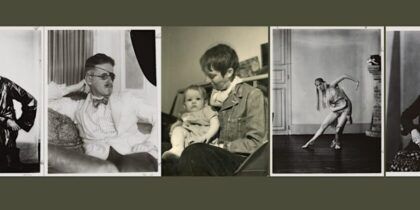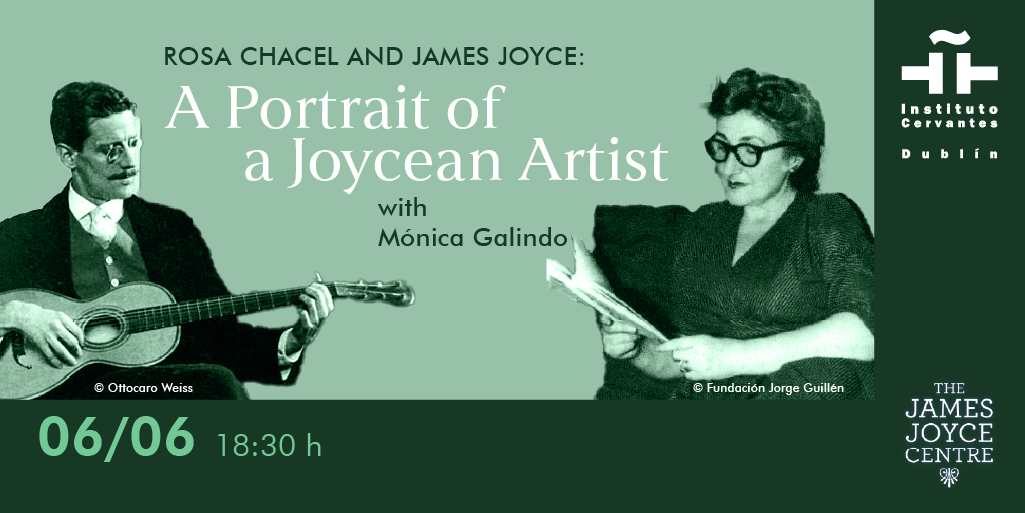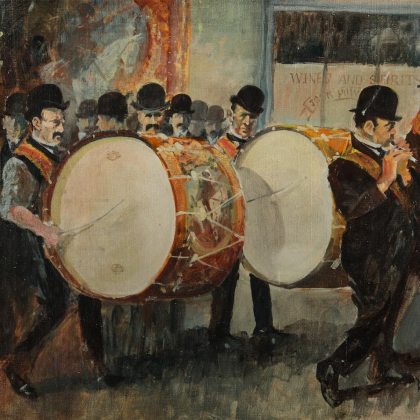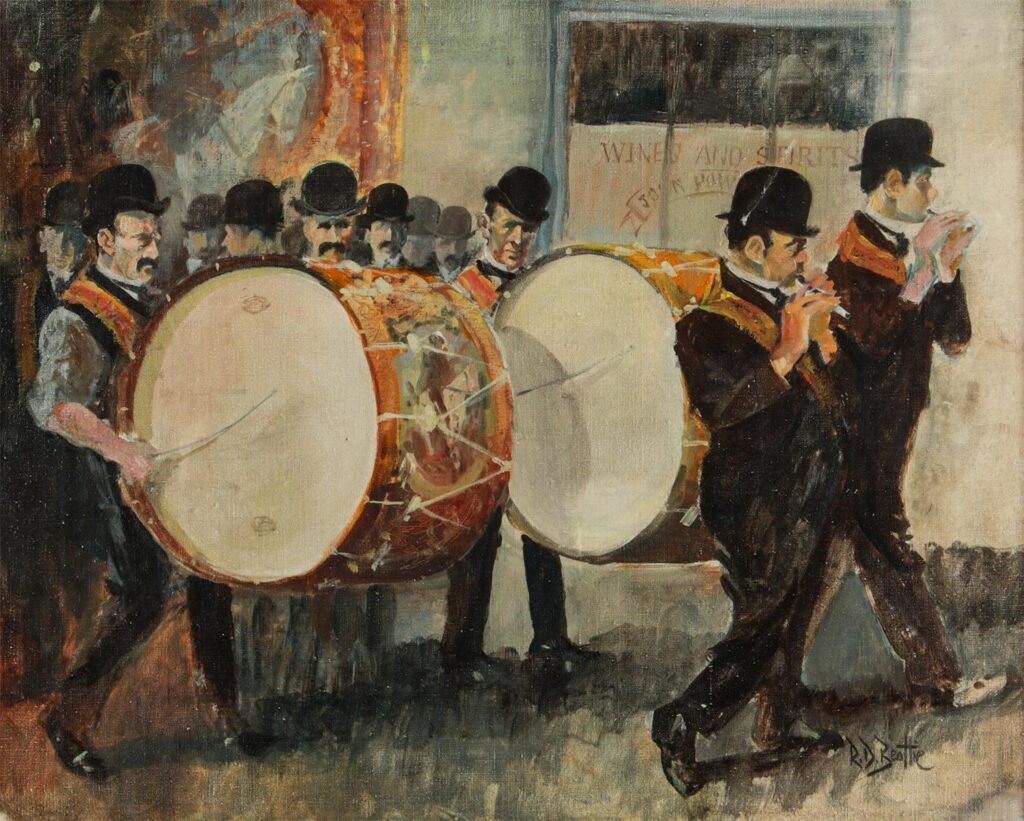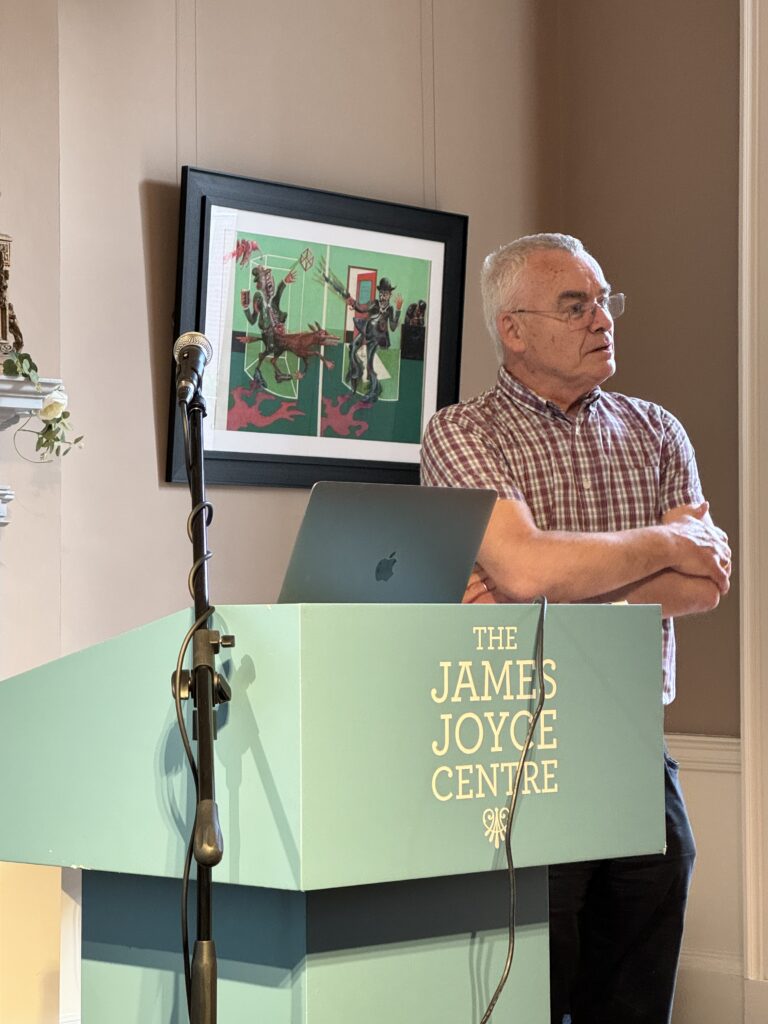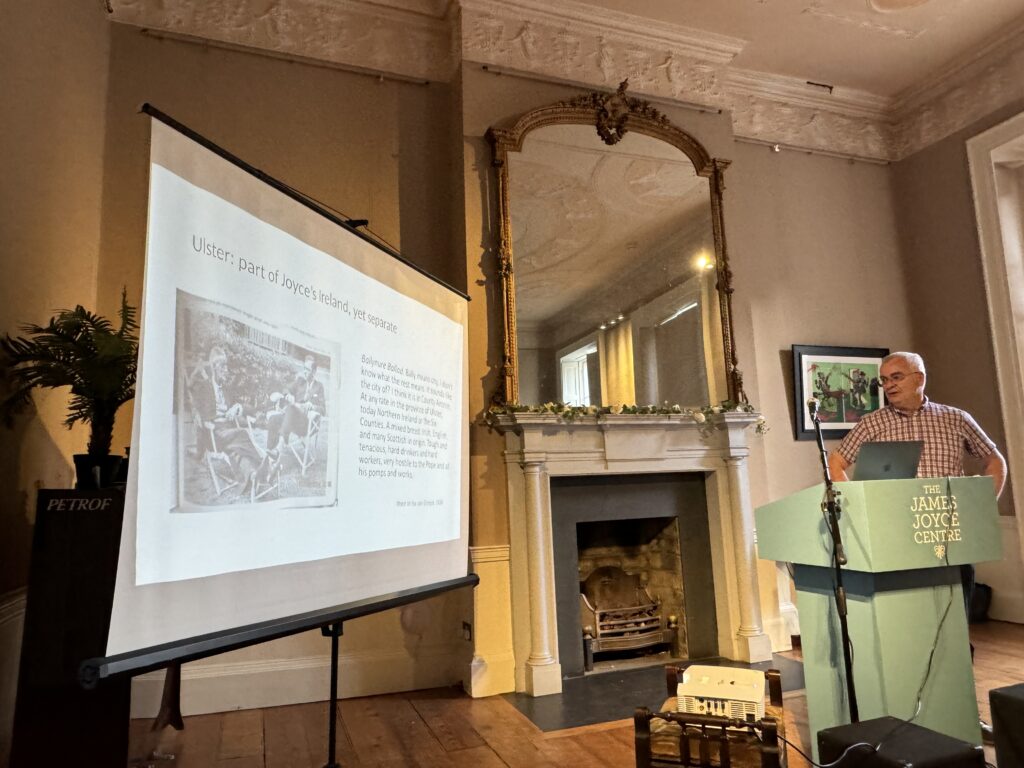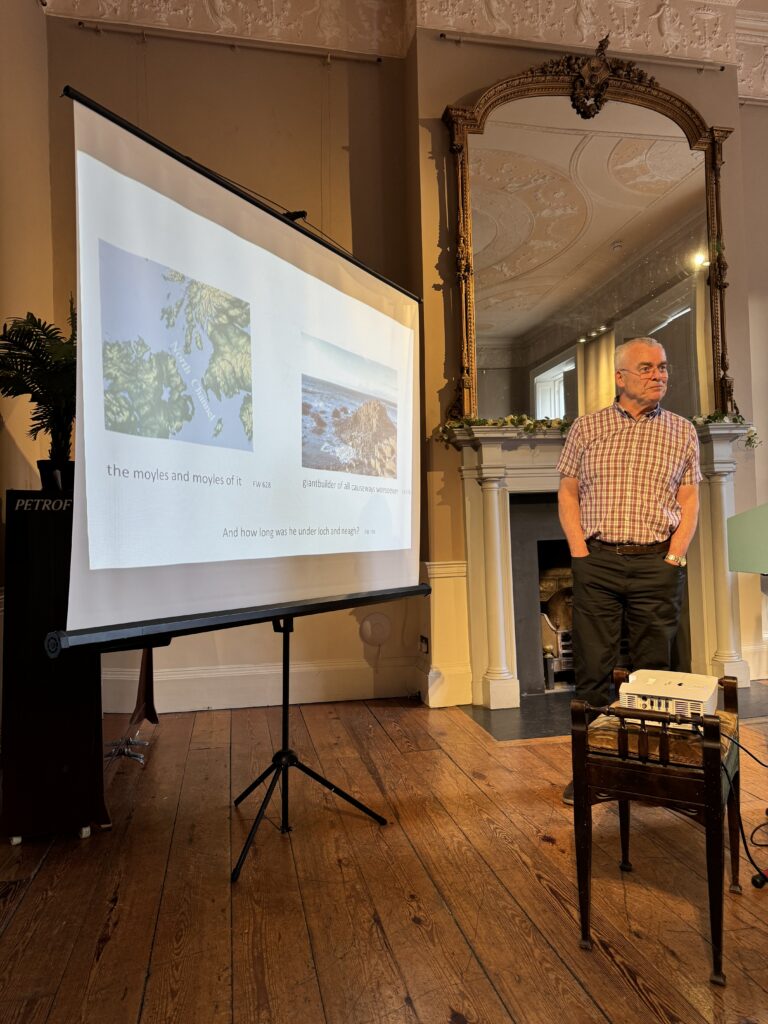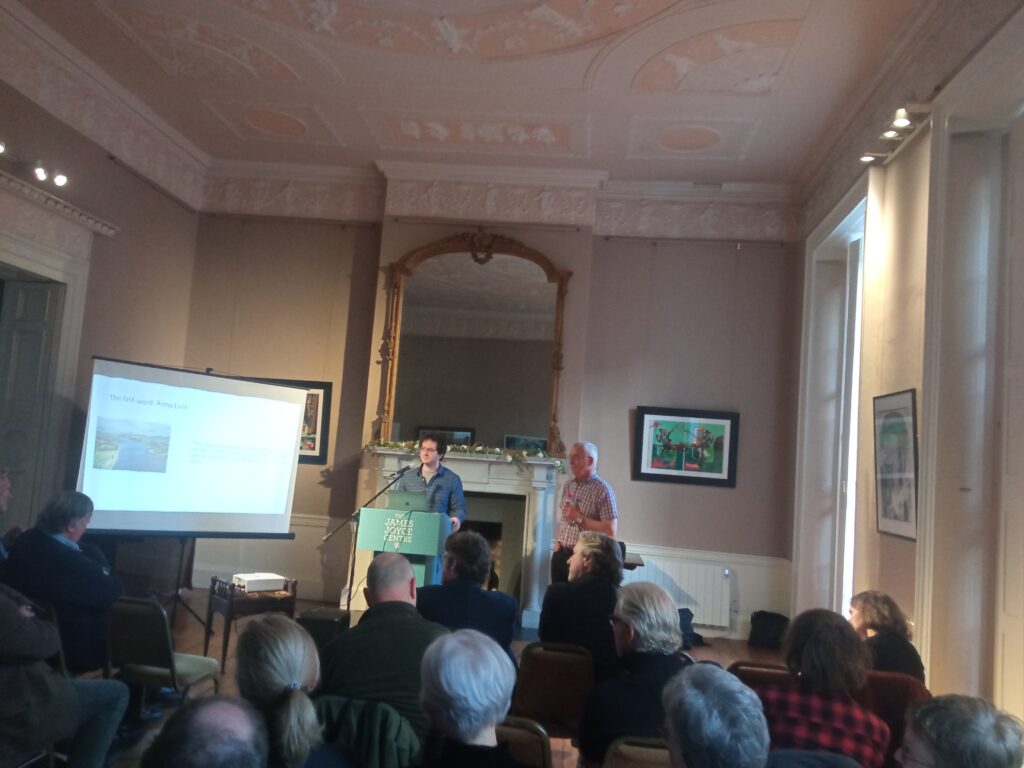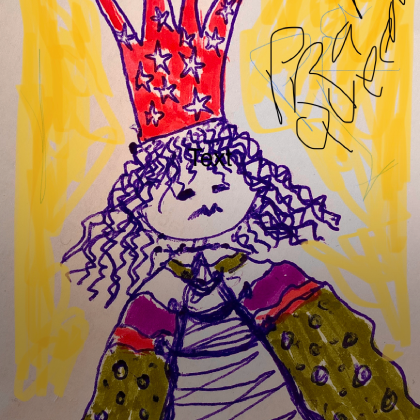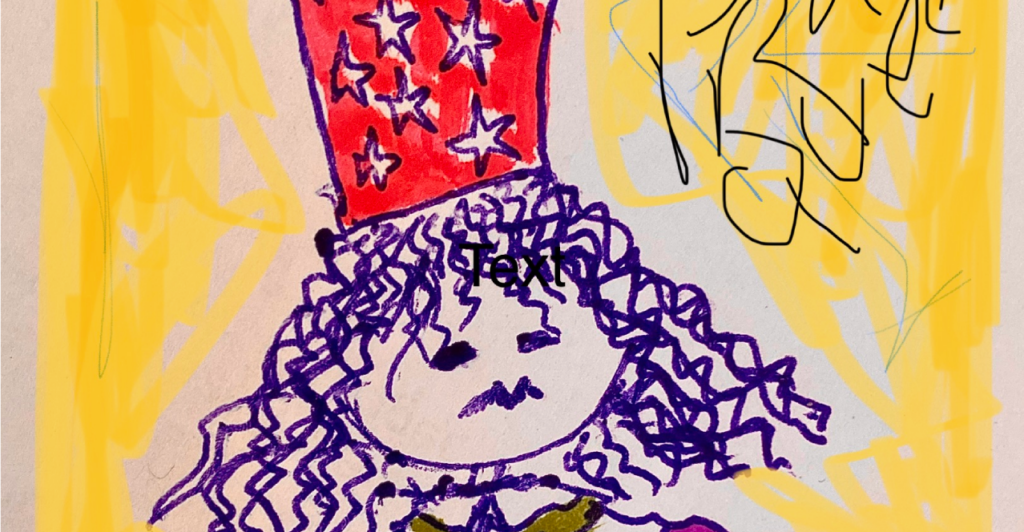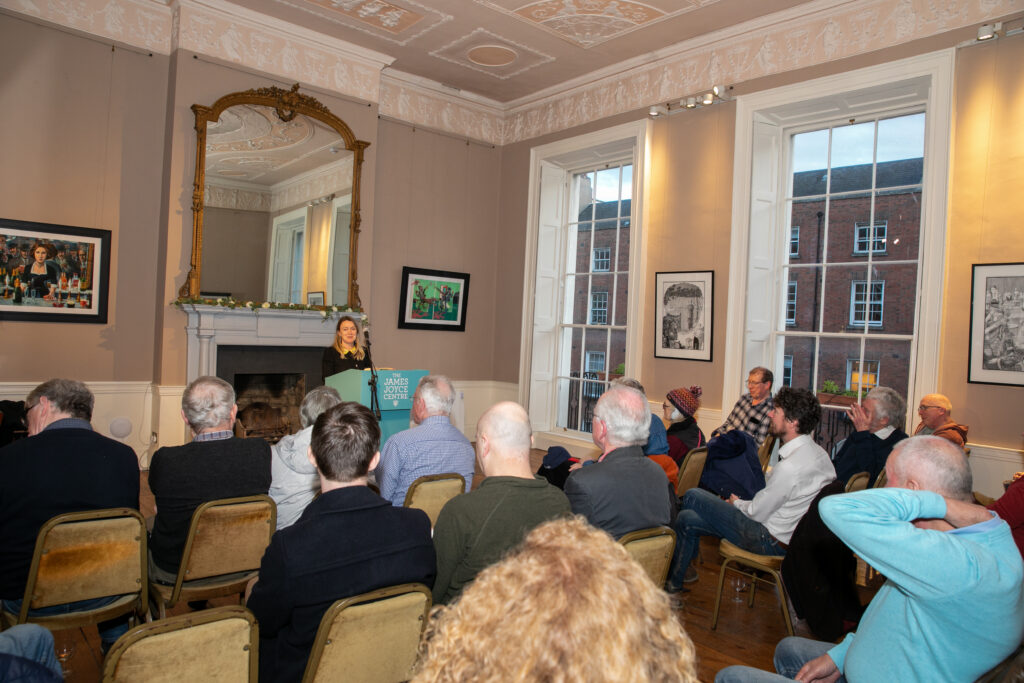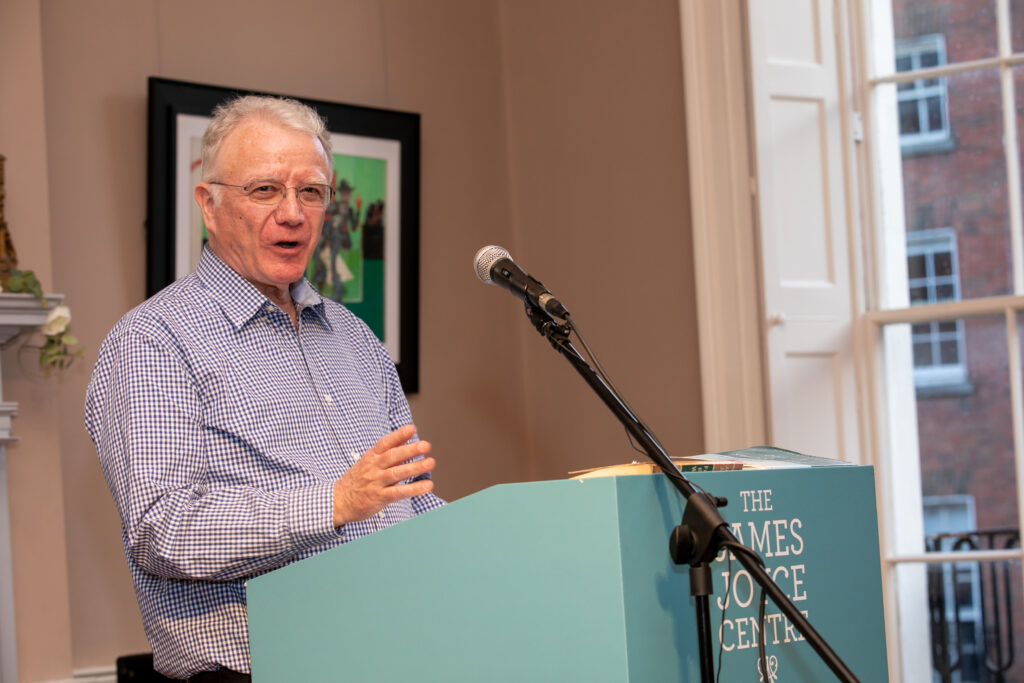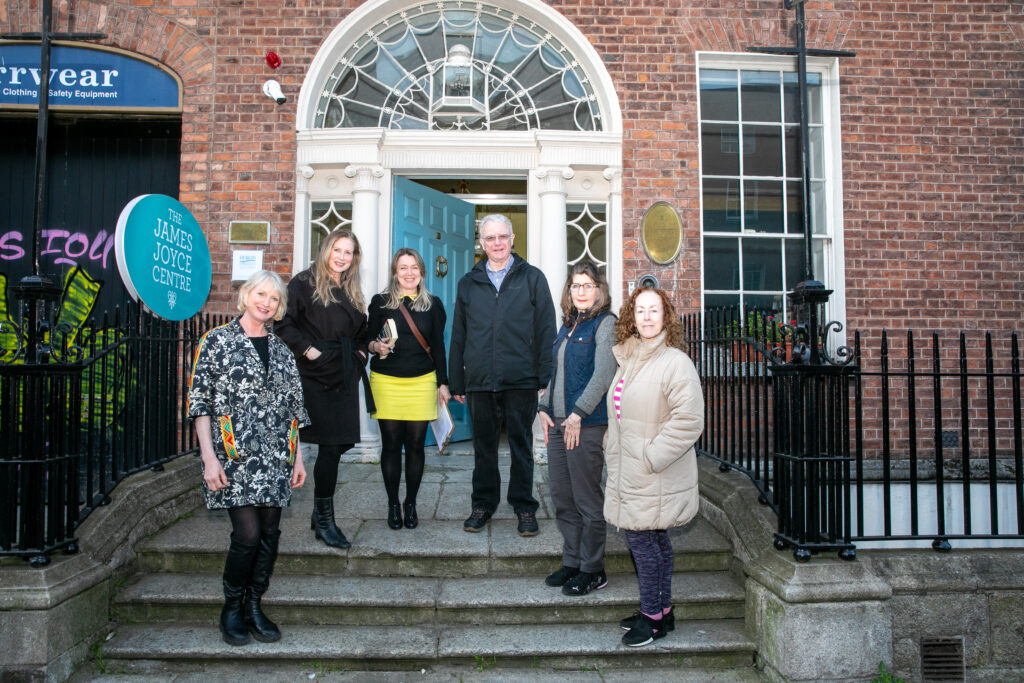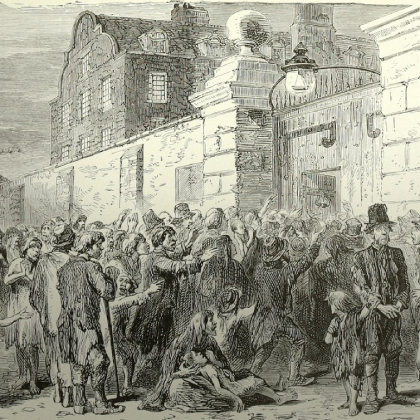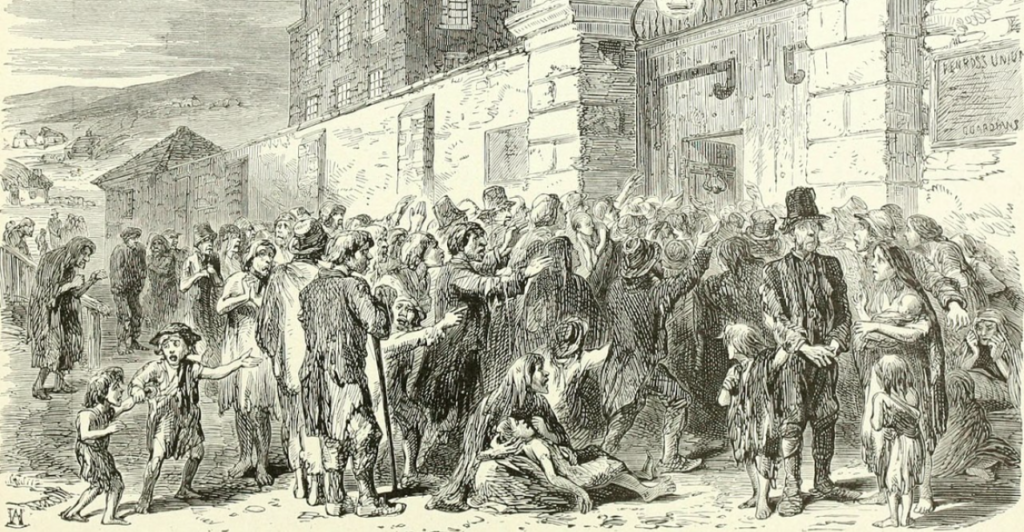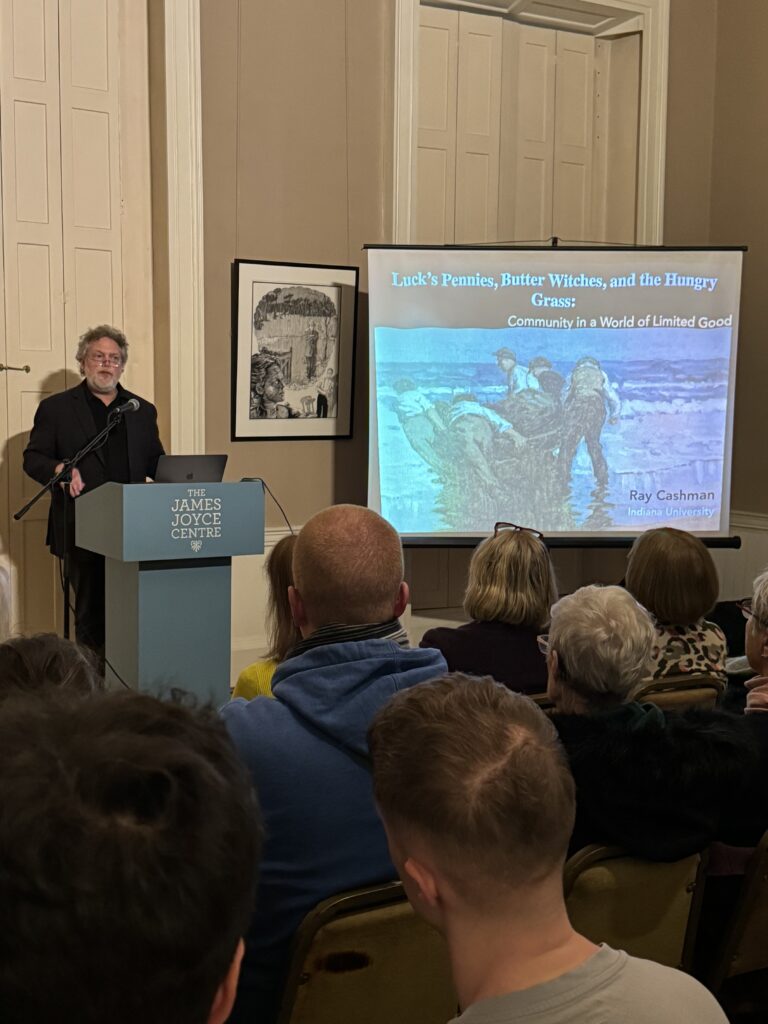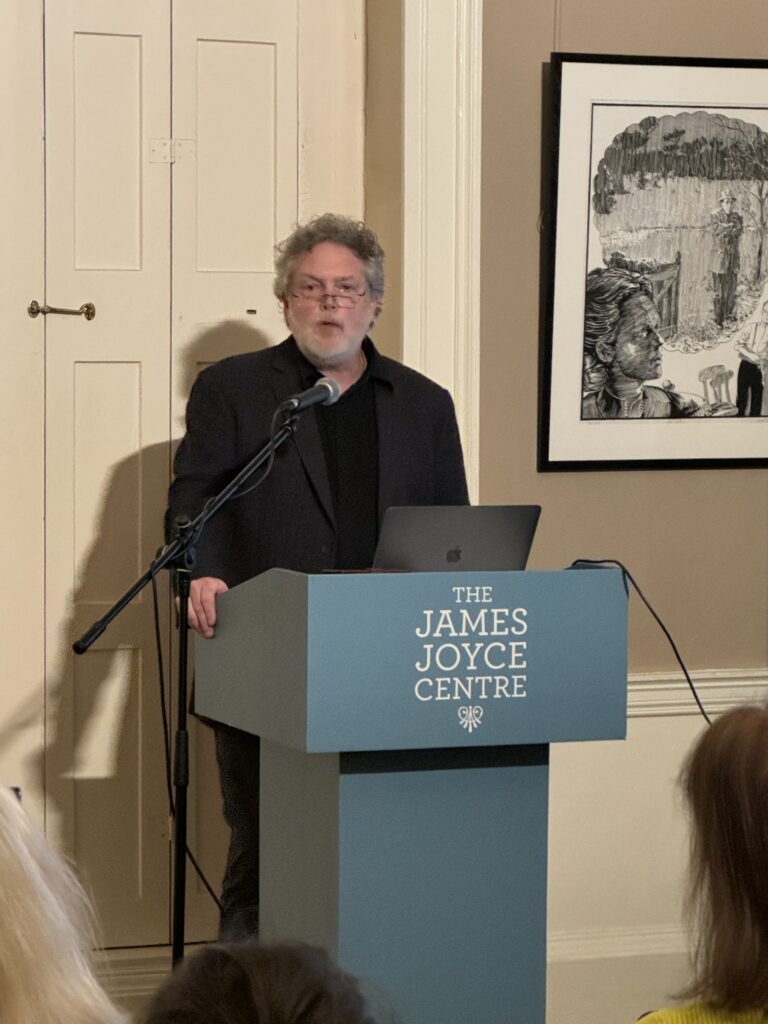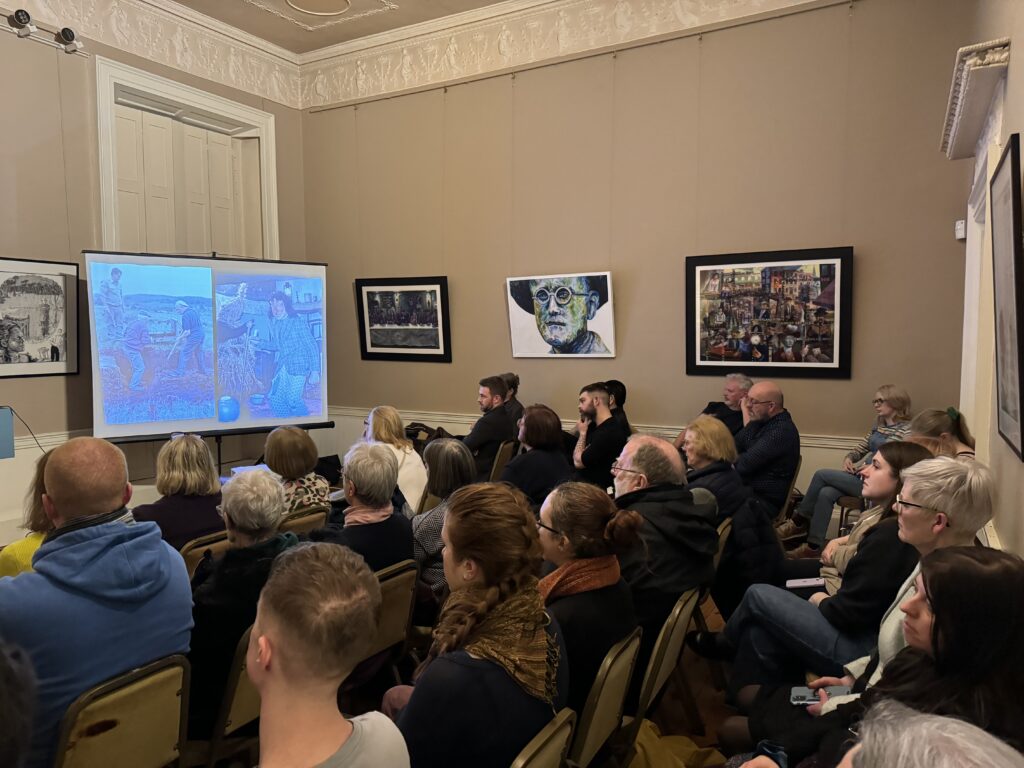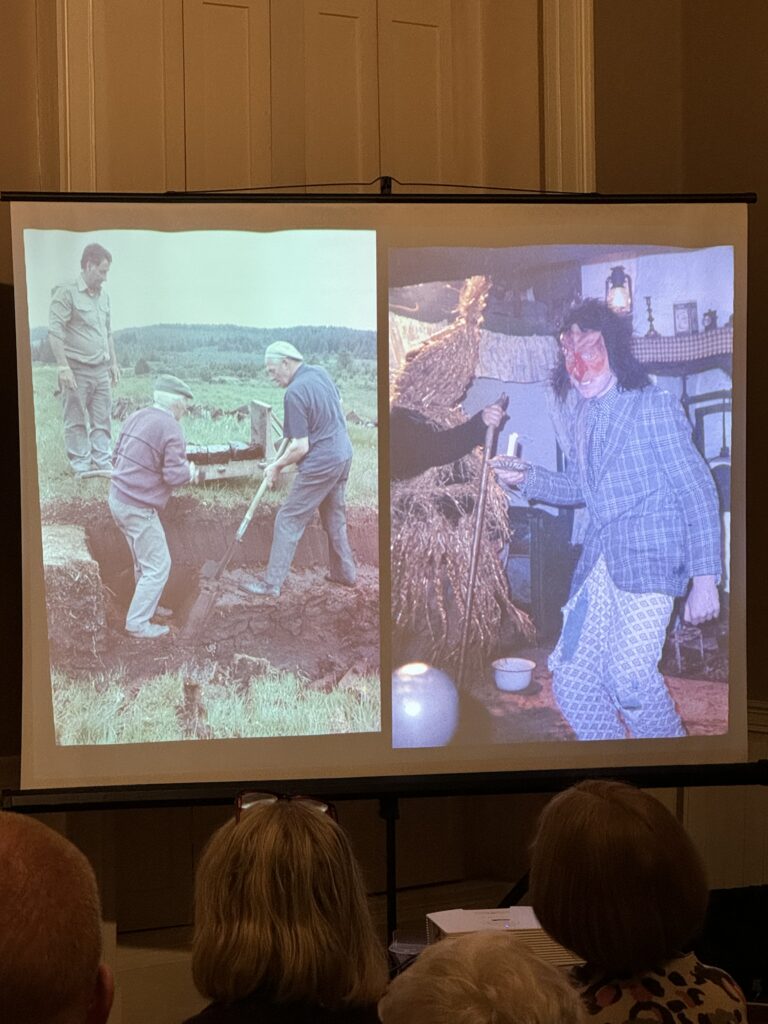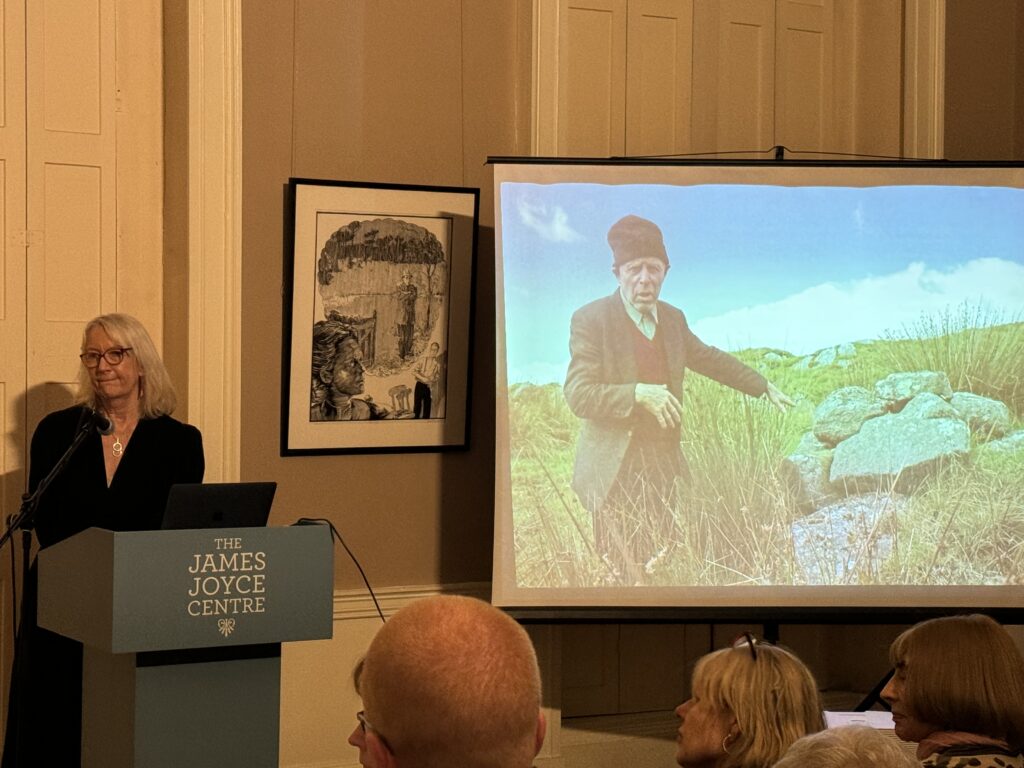Berenice Abbott, Joyce and the Creative Women
Bloomsday Festival 2024
14 June 2024 at 6:30pm
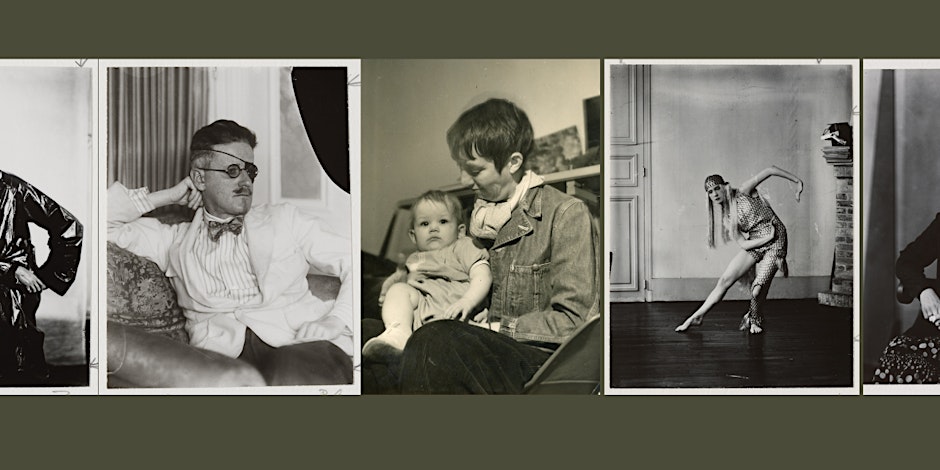
Images: Berenice Abbot, Portraits of Sylvia Beach, James Joyce, Lucia Joyce, and Nora Joyce, 1926-27, courtesy Clark Art Institute. Centre photgraph by Charles Norton, courtesy of A.G. Norton.
On June 14th at 6:30pm The James Joyce Centre was please to present Berenice Abbot, Joyce and the Creative Women, a personal Bloomsday Festival presentation on Berenice Abbott, a pioneering 20th-century photographer who took some of the most iconic portraits of Joyce and his family, and the community of creative, queer women who supported his career.
A chance discovery of a box of family photos in a basement in New Jersey led one woman to uncover Abbott’s seldom told artistic legacy. Follow storyteller, archivist, and social activist A.G. Norton on her personal journey through Abbott’s private archive revealing: letters written by Lucia Joyce to Berenice, personal commentary made by Berenice about her multiple photography sessions with the beloved author, and the intersections between the publication of Ulysses and the community of queer women who supported it.
Throughout the 1920s, Berenice Abbott’s life crisscrossed between Greenwich Village and Paris where, in addition to the Joyce family, she photographed and befriended fellow queer women including Margaret Anderson, Jane Heap, Djuna Barnes, Jannett Flanner, and Sylvia Beach. Hear of how their friendships and artistic endeavors all entwined with one another and the lessons and blessings their legacies leave behind.
Delighted to be joining the Bloomsday Festival from Connecticut, Norton will share her research into Abbott’s fascinating life which all started with the discovery of photos taken by her late grandfather and went onto interviews with both of Abbott’s biographers and personal friends, Julia Van Hafften and Hank O’Neal.
A.G. Norton has over 15 years experience in London as a social worker and children’s rights activist where she used her voice to publicly advocate for underserved, marginalized communities.
Returning to New York in 2018 she discovered her family’s personal connection and photographs of photographer Berenice Abbott and has spent the last three years gathering research into her remarkable life. Norton has written several performance pieces based on the photographic legacies she inherited and has toured them at the Brighton, Camden, and the Edinburgh Fringe Festivals. Norton was the 2023 recipient of the Brighton Pride Award to support queer storytelling.
For more information on her work and international performances can be found at www.vivelapin.com or @notyouraverageslideshow on Instagram.
The Bloomsday Festival is organised by the James Joyce Centre in partnership with the Department of Tourism, Culture, Arts, Gaeltacht, Sport and Media, Fáilte Ireland, and Dublin UNESCO City of Literature.
